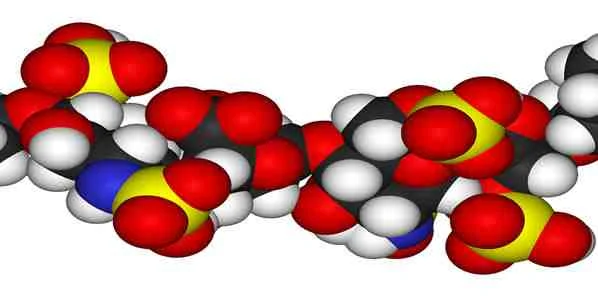According to a study published in JAMA, prevention of venous thromboembolism (VTE) with low-molecular-weight heparin (LMWH) dalteparin in critically ill patients was more effective and had similar or lower costs compared to unfractionated heparin (UFH). The study is to be presented at the Critical Care Canada Forum.
The PROTECT trial compared the effectiveness of LMWH dalteparin and UFH. No difference was found regarding deep-vein thrombosis, but in patients who received dalteparin the rates of pulmonary embolus and heparin-induced thrombocytopaenia were lower than in those who received UFH.
While the costs of LMWH have historically been higher, the improved outcome with dalteparin indicates that paying more may be worth the benefits associated with its use. However, there is a need for comparative economic and clinical effectiveness research to inform practice, since cost is considered to be one of the most important barriers to using LWMH.
The study was conducted by Robert A. Fowler, M.D.C.M., and M.S., of the Sunnybrook Health Sciences Centre, University of Toronto, and colleagues. The research team evaluated the comparative cost-effectiveness of LMWH vs UFH for prevention against VTE in critically ill patients and conducted an economic evaluation concurrent with the PROTECT trial (May 2006 to June 2010). Costs for 2344 patients in 23 centres in five countries were measured, and these costs were applied to measured resource use and effects of all enrolled patients.
The findings of the study show that the median post-randomisation hospital costs of care for patients who received UFH was $40,805 as compared with $39,508 for patients who received dalteparin. The difference was not considered to be significant statistically. In seven out of eight pre-specified subgroups, dalteparin was found to be more effective and a less costly strategy for the prevention of thrombotic events, pulmonary embolus, deep-vein thrombosis, major bleeding, and heparin-induced thrombocytopaenia. Dalteparin was considered more effective because of its better effects and lower cost.
LMWH was found to be less costly 78 percent of the time and remained least costly unless the drug acquisition cost of dalteparin was to increase by more than 20-fold. No threshold was found where lowering the acquisition cost of UFH would favour prevention with UFH.
“These findings are important for the care of critically ill patients because they provide a cost-minimisation rationale that complements clinical effectiveness knowledge from PROTECT. For example, if an ICU with 1,000 medical-surgical admissions per year uses UFH instead of LMWH for prevention of VTE, the annual incremental cost may be between $1,000,000 to $1,500,000 with similar or worse clinical outcomes, despite the individual drug cost of UFH being $4 to $5 less per day,” the researchers write.
Source: JAMA
Image Credit: Wikimedia Commons










